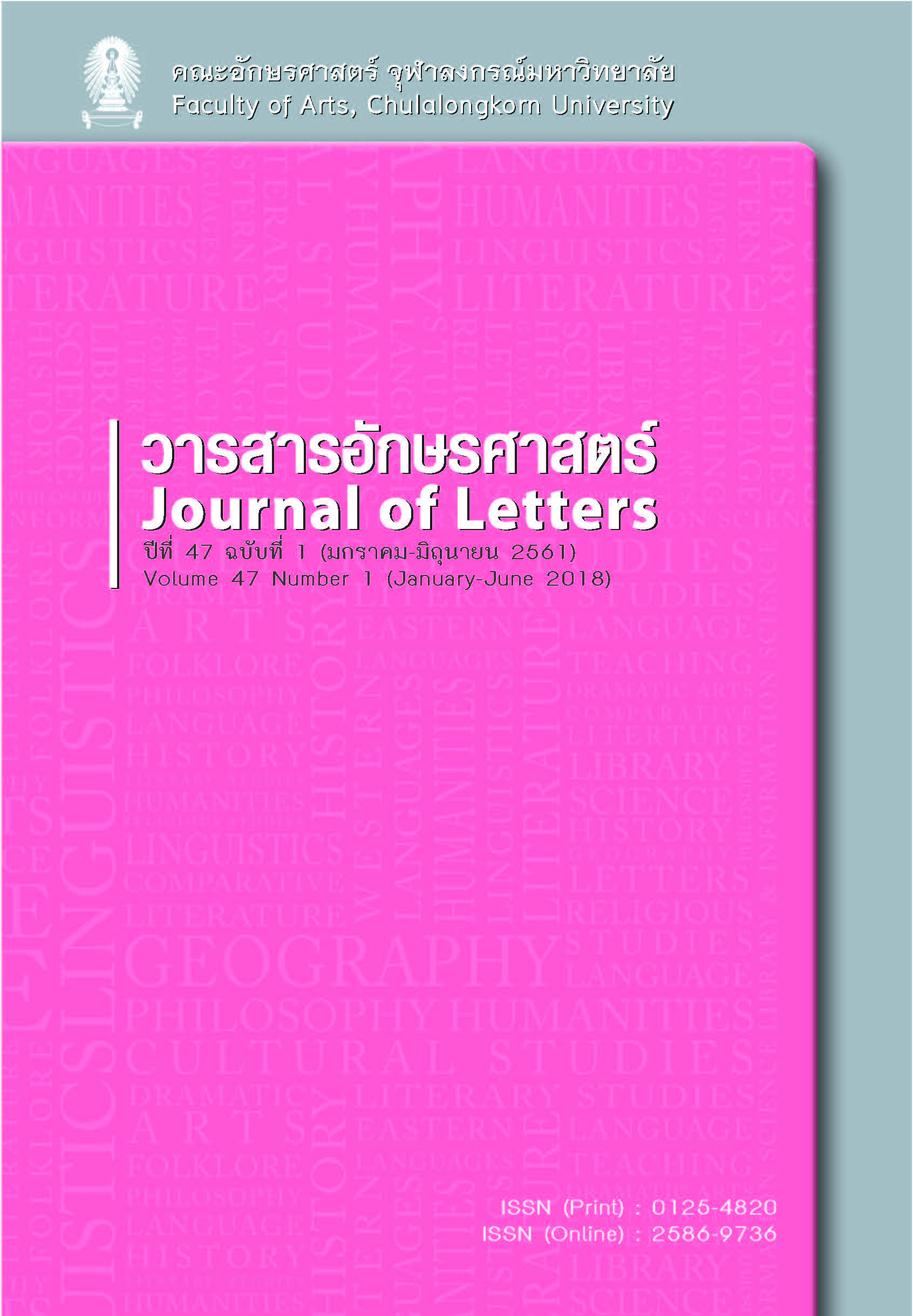Cultural differences in Education: a case study of Thai students and Spanish teachers in university-level Spanish language classroom in Thailand
Keywords:
intercultural communication, cultural differences in education, teachers and students role expectations, Thai students, Spanish teachersAbstract
The present study aims to explore cultural differences between Thais and Spaniards in the classroom with regards to expectations about role and desirable traits of teachers and students, in order to identify problems caused by cultural differences and then provide a guideline for coping with those differences. In-depth interviews were conducted with fifty informants: forty Thai students majoring in Spanish and ten Spanish teachers. The results indicate major differences in role expectations of students. Results show that Spanish teachers expect students to express their opinions and ask questions, whereas most Thai students tend to remain silent. What Thai students value most in a student is respect for teacher, whereas Spanish teachers consider this trait the least important. They value curiosity and readiness to ask questions, which Thai students deem to be the least important in a student. In conclusion, if teachers and students are aware of these cultural differences and try to adapt themselves, the communication and relationship among them will be smoother.
References
Council of Europe. 2001. Common European Framework of Reference for Languages: Learning, teaching, assessment. Cambridge: Cambridge University Press.
Gesteland, R. R. 2002. Cross-Cultural Business Behavior. Copenhagen: Copenhagen Business School Press.
Hall, E. T. 1959. The Silent Language. New York: Doubleday & Company.
Hofstede, G., Hofstede, G. J., & Minkov, M. 2010. Cultures and organizations: Software of the mind: Intercultural Cooperation and its importance for survival (3rd ed.). New York: McGraw Hill.
Kato T., & Lai S. H. 2008. Intercultural Communication in the Japanese Language Classroom in Singapore: A Comparison of Students’ and Teachers’ Perceptions. Journal of Intercultural Communication issue 16, April.
Zhao, Y. 2007. Cultural Conflicts in an Intercultural Classroom Discourse and Interpretations from a Cultural Perspective. Intercultural Communication Studies XVI 1:129-136.
Downloads
Published
How to Cite
Issue
Section
License
Copyright and plagiarism
Authors are responsible for obtaining permission to use copyrighted materials from copyright owners. Authors are responsible for observing requisite copyright law when quoting or reproducing copyrighted materials. Quotations and reproductions of content from other published sources must be accompanied by a reference and all sources should be clearly listed in the references section. Quotations and reproductions of content from external sources without due attribution could be considered a severe infringement of academic conduct and may constitute a legal offence under the Copyright Act of B.E. 2537. Any legal ramifications arising from the infringement of copyright regulations would be the sole responsibility of the author(s).



